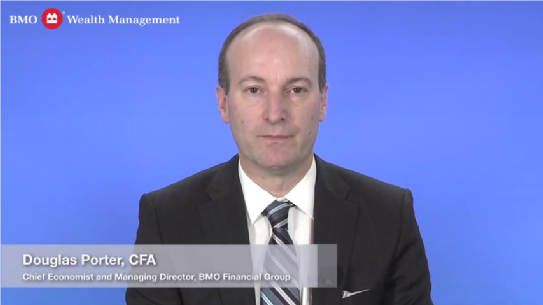The Volition Bias: The Market Controls the Market
by Eddy Elfenbein, Crossing Wall Street
Please indulge me for a bit while I offer a somewhat rambling post. Barry Ritholtz often writes about cognitive biases and how they affect our investment decisions. This is especially important in financial matters. There are plenty of otherwise rational people who think a coin that’s gone heads the last four times has a high chance of going tails because, well, tails is due. What’s especially interesting is how these biases seep into our thinking without our realizing it.
I’d like to offer another bias to the literature: seeing the world of finance as being unduly under the control of people or institutions. Let’s call it the “Volition Bias.” I see this every day. All sorts of commentators talk about the role of the Federal Reserve or Goldman Sachs or high-frequency traders.
The disquieting reality is that no one’s in charge. The market just is. It’s not easy to grasp this point, but it’s true. The market controls the market. Obviously, some groups are certainly influential, but what’s lost sight of is that they’re merely players in the game just like everyone else. Too much market commentary is simply cynicism masquerading as wisdom.
This extends to the role of finance itself, and I say this as a finance person. Think of the economy as having two parts. One part is where people make stuff. The other is where people in suits trade colored pieces of paper. That’s the finance side. While finance is critical, it’s always subservient to the real economy. Finance helps push the economy along. The bias I often see is people mistaking the financial economy for the real economy.
Let me give you an example. (As usual, these are generalities, but broad enough to be important.) When a company runs into financial trouble, it’s usually the result of operational troubles. The financial troubles are merely a manifestation of their operational issues. They’re not bad because they’re in too much debt. They’re in too much debt because they’re bad. It’s certainly possibly for a healthy company to be done in by financial mismanagement, but that takes some effort.
Put it this way. If there’s news of a group of people meeting in a room, it’s probably not that important to you as investor. Is an OPEC meeting important? Of course. In the short term. But they’re merely reacting to the same variables we all see. A Fed meeting is also important. But the Fed isn’t, despite what you may have heard, making the weaker argument the stronger. They’re only trying to manage monetary policy. (I didn’t say they were good at it.)
I’m sure there are cases of price manipulation that we never know about. But that can only last for so long. In the end, the market is controlled by the market. The truly important event for investors is the decisions made by a large group of consumers. People want the best product or service at the best price. Find that, and all the financial issues will follow.
Copyright © Crossing Wall Street














